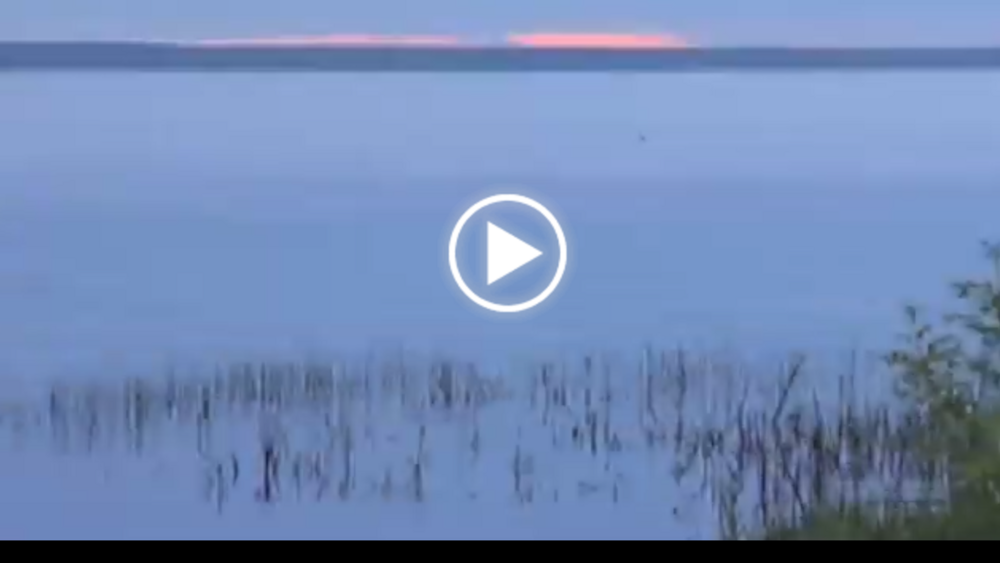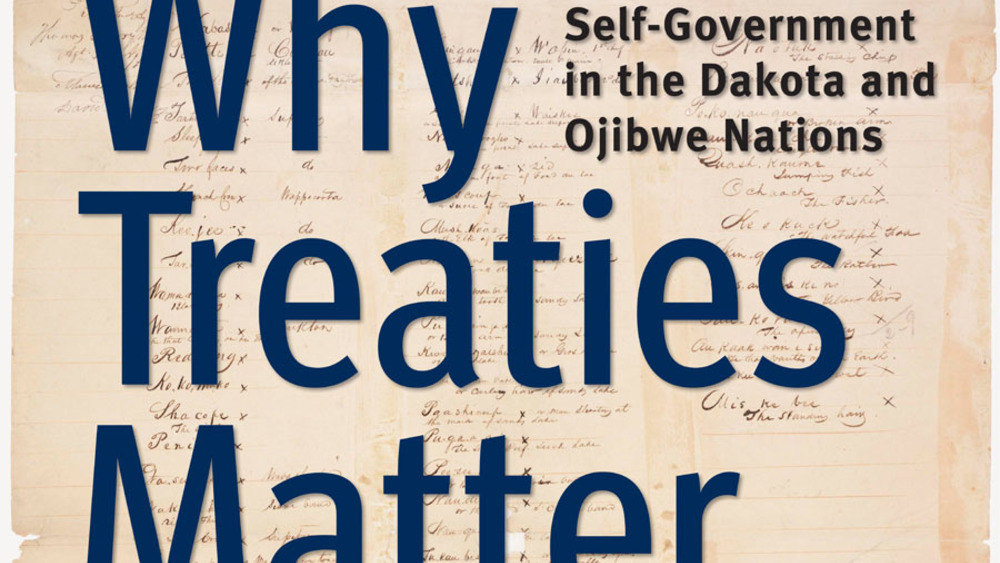This video gallery serves as a companion piece to "Why Treaties Matter - Self Government in the Dakota and Ojibwe Nations," a travelling exhibit on treaties between Dakota and Ojibwe people and the U.S. It features testimonies from Native nation leaders and citizens about many of the exhibit's main themes, notably that tribal governments exercise indigenous sovereignty today, and that indigenous sovereignty was not given in treaties, but retained in treaties.
Additional Information
Minnesota Indian Affairs Council. "Why Treaties Matter: Video Gallery." A Companion to Why Treaties Matter - Self Government in the Dakota and Ojibwe Nations, an exhibit of the Minnesota Indian Affairs Council. 2013. Videos. (https://treatiesmatter.org/exhibit/videos/, accessed February 23, 2023)



